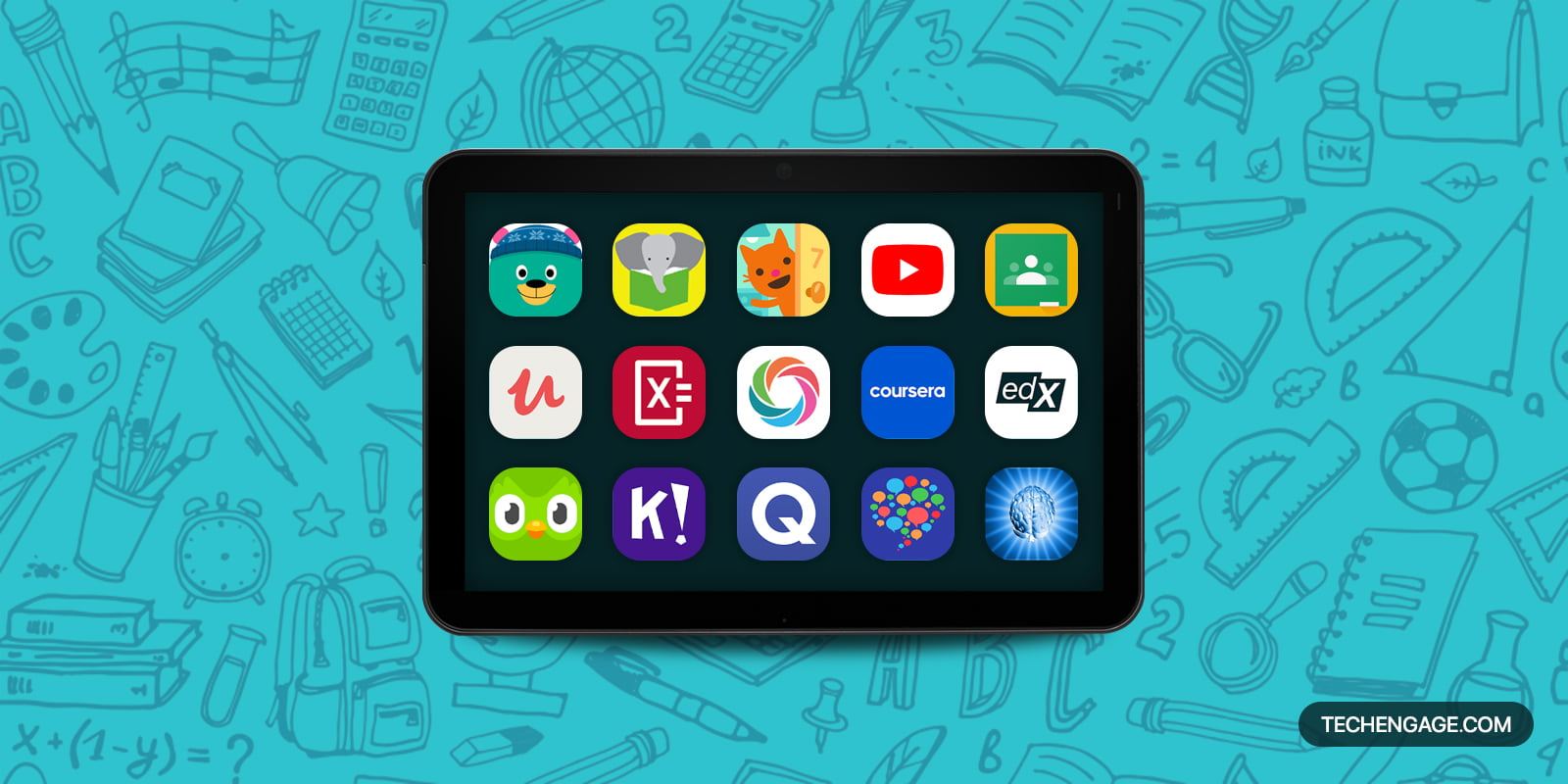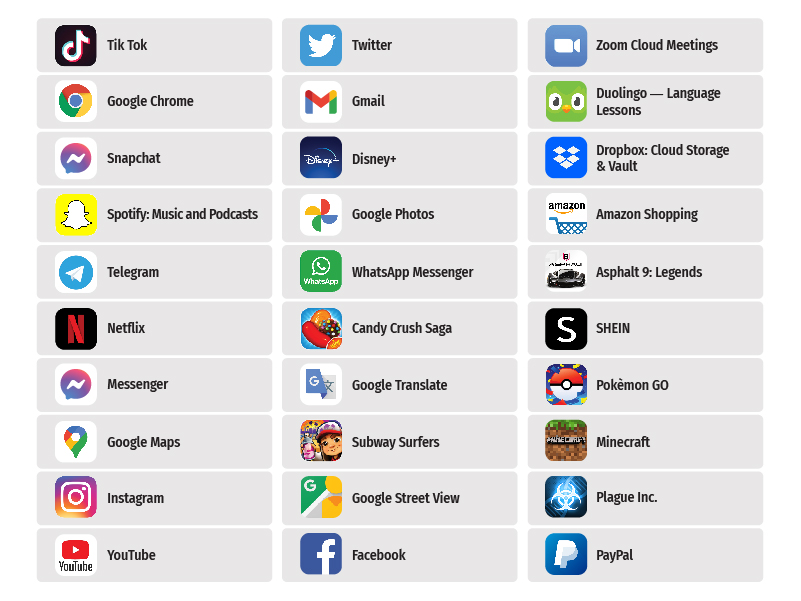In the digital age, educational apps and games have become a crucial part of learning for children. These tools not only make learning fun but also engage children in a way that traditional methods often can’t. In this exploration, we’ll delve into the benefits of these educational resources, as well as showcase some top options available today.
Surprising Benefits of Educational Apps and Games for Kids

Educational apps and games are more than just a trend; they are effective learning aids that stimulate children’s minds while providing entertainment. One of the most significant benefits is that they cater to different learning styles, allowing for a personalized learning experience. Whether a child learns best visually, audibly, or kinesthetically, there’s an app that can meet their needs.
Another advantage is the convenience of learning on-the-go. With tablets and smartphones, kids can access educational content anytime and anywhere. This flexibility allows for more spontaneous learning opportunities, whether in the backseat of a car or while waiting in line. Learning becomes a part of their everyday life rather than confined to the classroom.
Furthermore, educational apps encourage independent learning. Children can explore topics at their own pace, fostering a sense of autonomy and responsibility for their education. This not only builds confidence but also promotes a love for learning that can last a lifetime.
Best Educational Apps of 2021

As the landscape of educational technology continues to evolve, several apps have stood out for their interactive features and educational value. Here’s a roundup of some of the best educational apps available in 2021, each designed to enrich learning experiences for children.
One notable app is ABCmouse, which offers a comprehensive curriculum for preschool through second grade. With engaging activities across various subjects, it effectively combines fun with learning, keeping young children captivated as they explore new concepts.
Another significant app is Khan Academy Kids. This free, award-winning app introduces kids to learning fundamentals through adaptive learning experiences. With a vast library of educational games, stories, and challenges, it nurtures curiosity and creativity, making learning an enjoyable adventure.
For older children, Duolingo remains a favorite for learning languages. Its gamified approach to language learning encourages daily practice while reinforcing vocabulary and grammar through interactive exercises. The app’s colorful interface and reward system keep kids motivated and engaged while they learn a new language.
Additionally, ScratchJr introduces younger children to coding through intuitive programming blocks. This app allows kids to create their own interactive stories and games, helping to develop problem-solving skills and logical thinking from a young age.
Another app worth mentioning is Quizlet. With its vast database of study materials and the ability to create personalized study sets, children can enhance their learning across various subjects. The flashcard feature is particularly useful for memorization, making it an excellent tool for exam preparation.
Comedy and enjoyment are also integrated into education with interactive apps like Plickers, which allows teachers to gather real-time feedback and assess student understanding. This app ensures that children remain engaged in lessons, making classroom time productive and enjoyable.
Furthermore, MicroWorlds JR blends education with creativity, allowing children to create their own interactive worlds and stories. This unique app lets them experiment with different concepts while enhancing their critical thinking and decision-making skills.
Lastly, Tynker introduces kids to the world of coding through engaging games and activities. As coding becomes an essential skill in today’s technology-driven society, Tynker makes it accessible for children, empowering them to innovate and create.
It’s important to recognize that while educational apps are beneficial, they should complement traditional learning methods rather than replace them. When balanced with interpersonal interactions and hands-on activities, these tools can provide a richer learning experience.
Parents and educators are also encouraged to monitor usage and encourage a healthy balance between screen time and offline activities. Interaction with peers, reading books, and outdoor play are equally essential for holistic development.
In conclusion, educational apps and games present a wonderful opportunity to enhance children’s learning experiences. These tools not only adapt to various learning styles and encourage independent exploration but also promote engagement with educational content in a fun and light-hearted way. As we continue to embrace technology in education, it’s vital to choose the right apps that will inspire learning and curiosity in children.
So why not explore these educational apps today? Discover a world where learning is made enjoyable, interactive, and endlessly engaging for younger generations.




